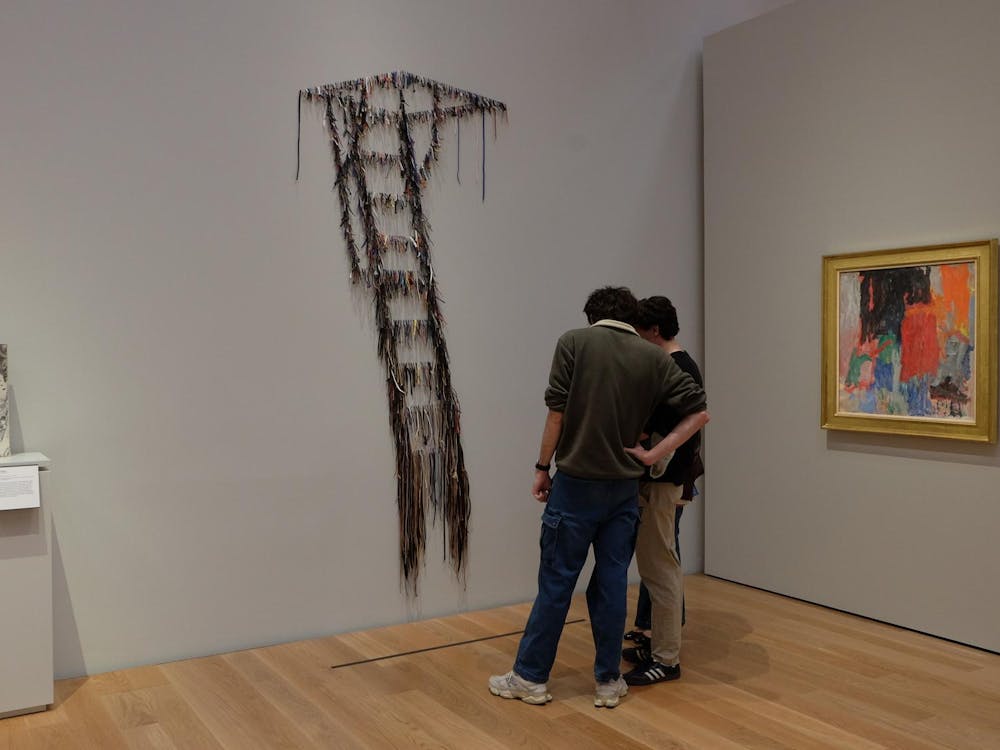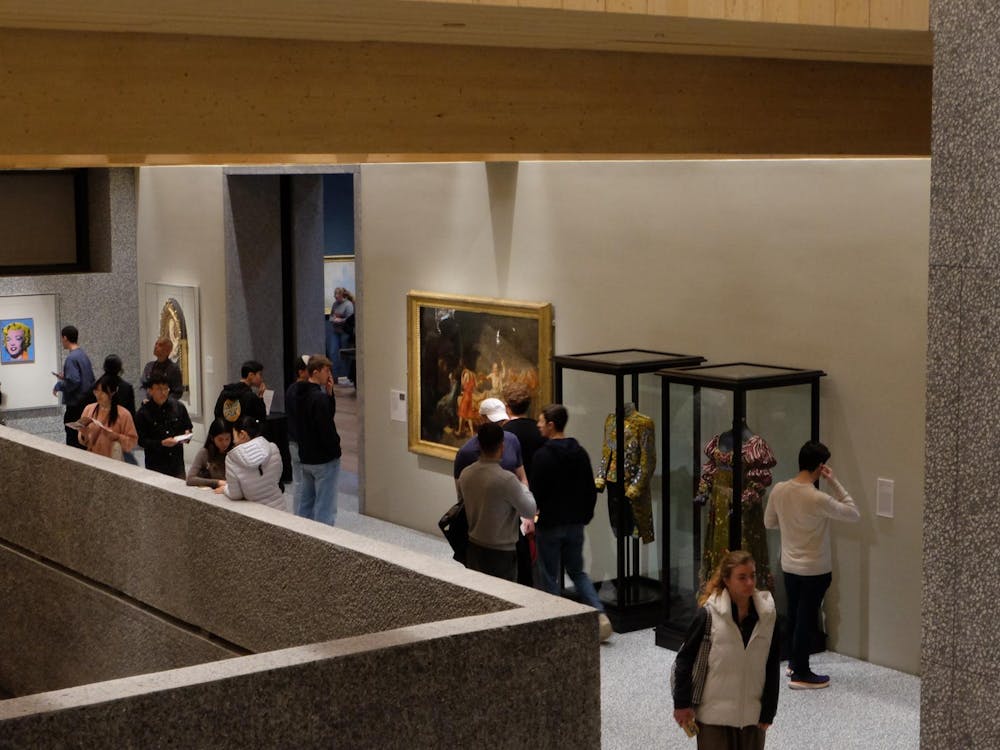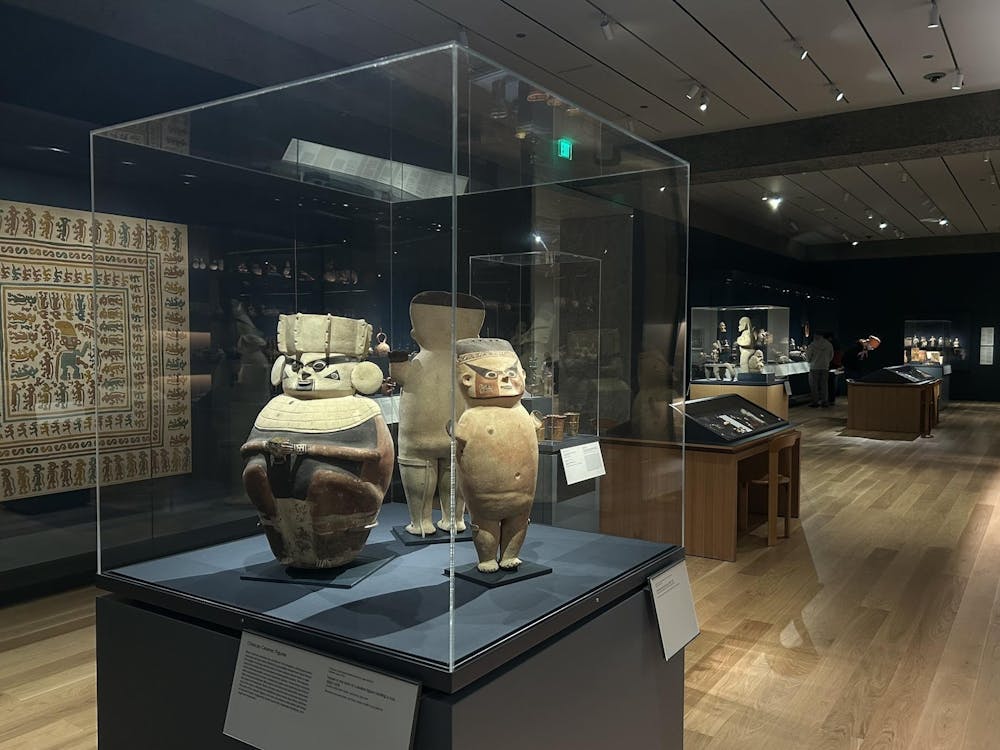Two prominent Asian-American alumni in public service discussed challenges and opportunities for the Asian-American community at the University, in public service and in the world over a breakfast panelFriday,titled “Trailblazers.” Former Obama assistant and White House Cabinet Secretary Chris Lu ’88 and Deputy Chief of Mission at the American Embassy in New Delhi Don Lu ’88 talked about the benefits and pitfalls of the “model minority” stereotype, the importance of Asian-American studies and the number of Asian-Americans in leadership positions.
“For her, it was a painful memory going to school at five years old and not fitting in with the other kids because she couldn’t talk,” he remembered. He grew up not speaking Chinese until taking an introductory course at the University. “Fast forward 40 years, and I’m struggling this year to help my 11-year-old son who’s studying Chinese for the first time. And I don’t really speak Chinese,” he said. After graduating with a major in the Wilson School, Don Lu entered the Peace Corps — “horrifically,” in his parents’ eyes.
Chris Lu also took introductory Chinese at the University, but after numerous Sundays at Chinese school as a child.
This hard-work approach is in line with stereotypes of the “model minority,” a stereotype that both speakers said is both beneficial and detracting at times. On one hand, Asian-Americans are presumed to be smart but also not presumed to be leaders or strategic planners, Chris Lu explained.
“Let the model minority stereotype work to your favor when it needs to,” Chris Lu said, but he urged the audience to know when it is also working against them and to find ways to overcome the stereotype’s limits.
One of these limits includes the scarcity of Asian-Americans in high-profile leadership positions, especially in the public eye, though this number has been slowly increasing. As an example, Chris Lu explained that prior to 2009, when Obama appointed three Asian-Americans to his Cabinet, there had only been two Asian-Americans to sit on the Cabinet in American history.
He added that while having a barrier-breaking president such as Obama is “incredibly impactful,” Asian-Americans still struggle with power in the legislature. He encouraged Asian-Americans to run for office but to reach out beyond fellow Asian-American constituents.
Another major topic of discussion was the lack of an Asian-American studies program at the University and thecurrent push for the creation of a certificate program. Both men recognized the urgency that the field be established at the University but expressed different ideas about how this implementation should be motivated.
“It is inexcusable that Princeton does not have an Asian-American studies program,” Chris Lu said. “This is a battle that we fought 25 years ago, and I suspect that it’s a battle fought well before that.” He added that the field is a defined body of research and that dozens of universities that do not come close to Princeton’s caliber offer Asian-American studies programs.
“The time for writing letters and petitions is over. We have to do something,” Chris Lu said. He suggested that Asian-American alumni withhold their annual giving and put it in a separate fund that they agree to give to the University only when an Asian-American studies program has been implemented.
Don Lu presented a slightly different view, likening the creation of Asian-American studies at the University to a “market-driven process.” He suggested that students interested in the program should be the ones to drive the effort to create it. “I’m not sure that it needs to be a political statement,” he said.

When asked for advice they would give to young graduates, Chris Lu urged them to take chances with their careers. He recalled taking pay cuts and jobs that did not seem to make sense throughout his career. Both he and Don Lu also spoke about the importance of mentorship and finding appropriate role models.
The panel took place at9 a.m.in Chancellor Green and was moderated by Rika Nakazawa ’95. It was sponsored by the Asian American Alumni Association of Princeton.







